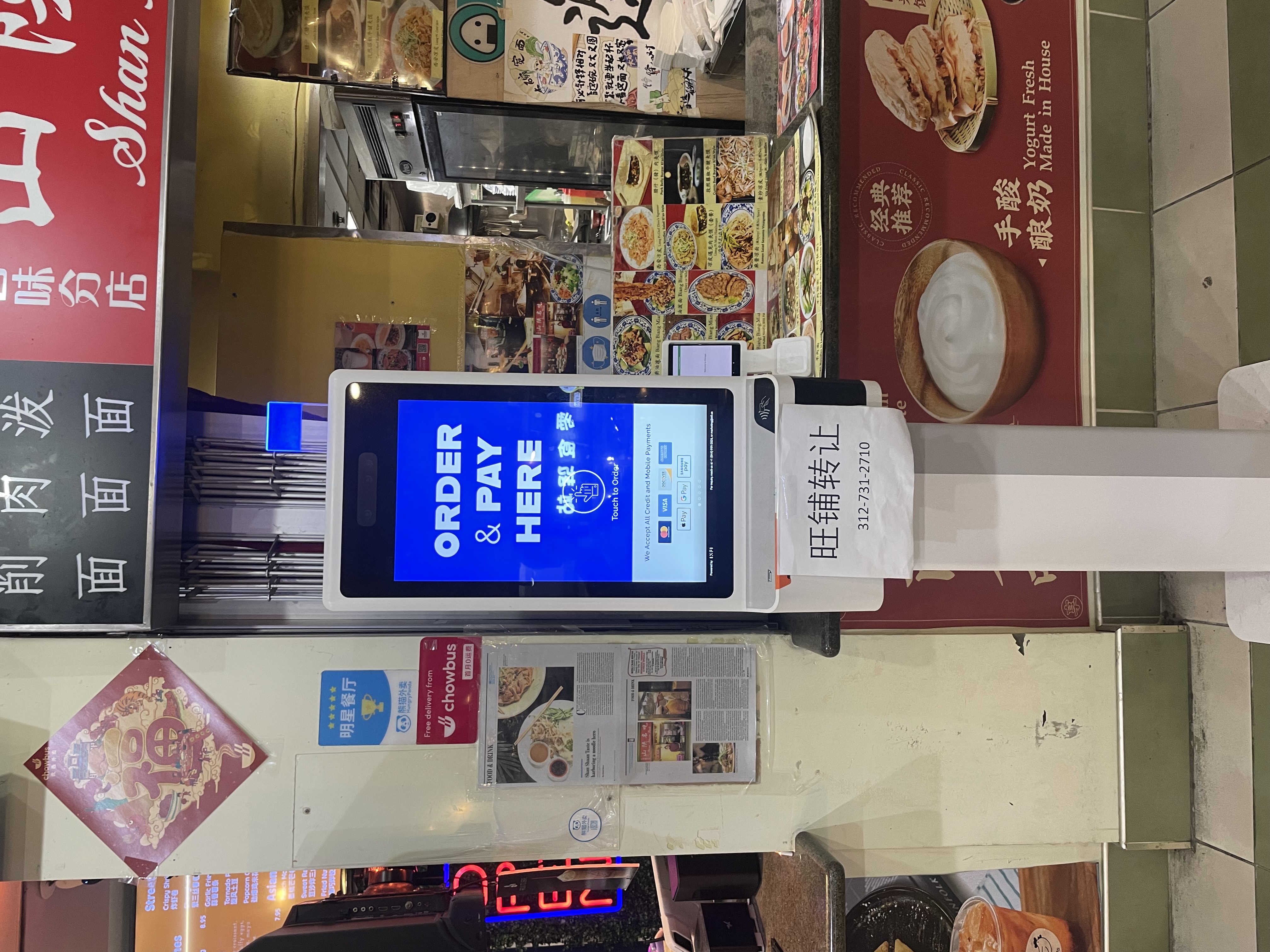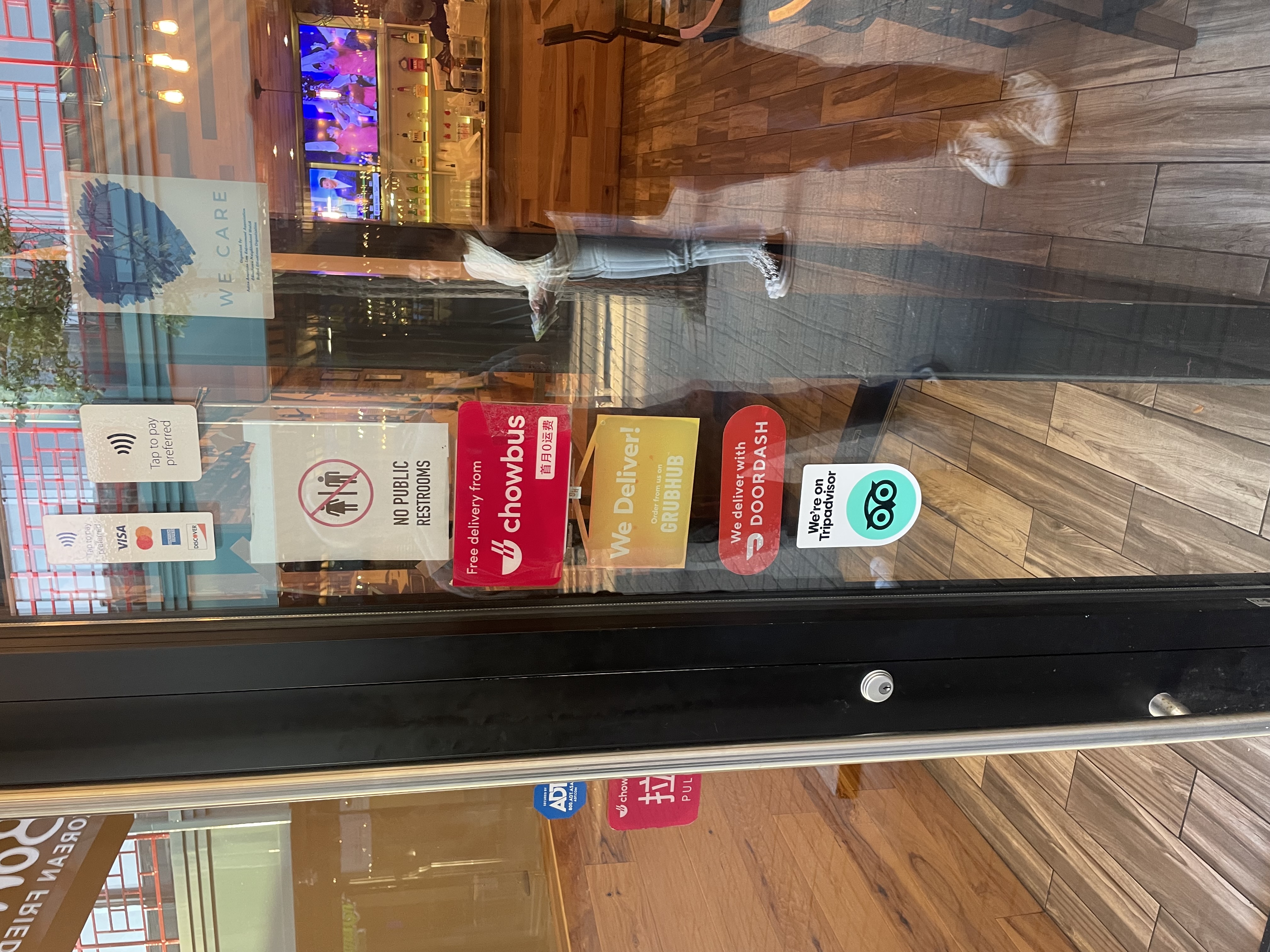Appetite for Data
Timeline: 2022 - 2024
Role: Lead Researcher, Research Assistant
Advised by: Matthew Bui, Race and Data Justice Lab
TL;DR: Conducted mixed methods research to analyze restaurateurs of color's experiences with digital platforms. To appear: ASIS&T 2023.
Skills: Python, Pandas, SQL, Data Visualizations (Seaborn), Qualitative Interviews
Project 1
Methods: Quantitative Analysis ~ Python, Pandas, SQL, Data Visualizations (Seaborn)
Amidst calls for racial equity and accountability in 2020 following the murder of George Floyd, Yelp, a popular "foodie" review based platform, developed a Black-owned attribute. With this new attribute, Yelp businesses could self-identify and market themselves as Black-owned on the platform. The year following Yelp's addition of the attribute, the company reported businesses saw a 33% increase in consumer interest after identifying as Black-owned.
In response to this increased online visibility, I developed a Yelp review scraper, Pyscrelp, to collect, clean, and analyze over 300,000 Yelp reviews from Black-owned and non-Black-owned restaurants in Los Angeles and Detroit. Through this comparative data analysis, we found that the increased visibility generated by Yelp's Black-owned attribute failed to create positive, sustainable change to Black-owned restaurants' online reputation. Specifically, star ratings were more polarized (increase in 1 and 5 star reviews) following the addition of the attribute, which is likely attributed to the increased visibility within the universalized consumer base. This work recently appeared at the Annual Meeting of the Association for Information Science and Technology (ASIS&T) 2023 and is under review for the International Communication Association (ICA) 2024 conference.

Project 2
Methods: Qualitative Analysis ~ Ethnographic Interviews, Semi-Structured Interviews
To better understand US Midwestern restaurateurs of color's experiences with digital platforms, especially those used for reviews, POS, and delivery, our team conducted semi-structured virtual interviews. We coded the interviews to uncover common themes of authenticity, algorithmic bias, and other structural barriers limiting the success of restaurateurs of color. Upon building relationships with these businesses, our team visited restaurants in Chicago and Detroit to gain perspective on these restaurateurs' experiences and further research common digital practices.

